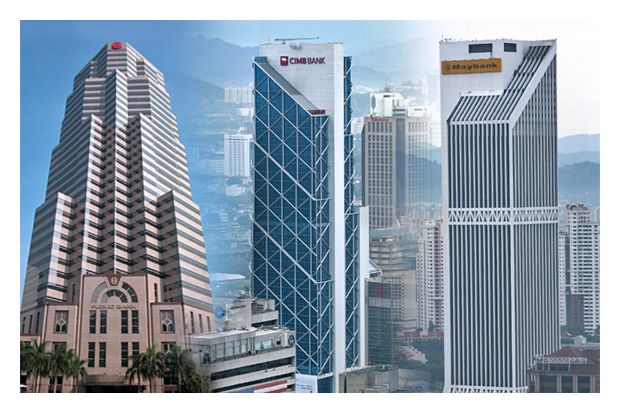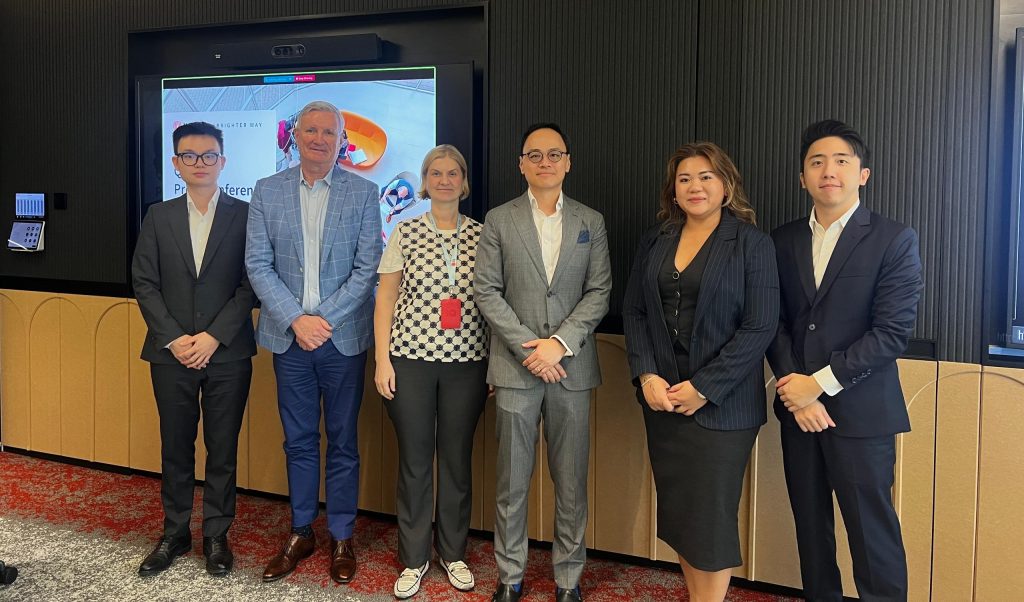BY JOY LEE
Industry leaders are changing their mindset and working together with competitors to gain better access to innovation, writes JOY LEE.
INNOVATIVE technology has changed the way businesses are run. The age of digital economy has made access easier, reduced costs and allowed transactions and processes to be executed faster.
While this disrupts the traditional way of doing business, digitalisation has enabled conventional businesses to reinvent themselves, presenting the opportunity to take advantage of the disruptive nature of new technology.
According to Lau Seng Yee, senior executive vice president of Tencent and president of Online Media Group, most of the successful disruption models are not entirely new.
“They often include pieces of the past which are very familiar to us. The new digital economy and the new disruptions that come with it, force us to rethink and re-examine conventional wisdom, and old ways of seeing and doing things in the past,” he explains.
Lau, who spoke at the Global Islamic Finance Forum 5.0 last month, noted that disruption in the digital economy has become the new normal and no single individual, company or nation, should fear disruption.
“When there is danger (of disruption), there are also opportunities, and there are a lot of opportunities that are inherent and embedded in disruptions. Disruption doesn’t happen because of technology innovation. Disruption happens because someone, somewhere, meets the needs of the consumer better,” he adds.
This is why, he says, business leaders have changed their mentality from defending their turf, products, ideas and services, to a culture that is more forward-looking, customer-centric and techno-driven, and opting instead to work with their competitors.
The growth numbers encouraging digital economy is very telling. In China alone, the average person spends more than 26 hours a week online. That is a 300% increase in the last decade. And nearly 90% of Chinese netizens use mobile phones to access the Internet. This trend empowers consumers to make their own choices.
“Over time, we see consumers appreciating more elements of self-control, efficiency and choice that weren’t really available to them decades ago. This class of digital consumers will not hesitate to penalise providers that are not able to meet their needs,” warns Lau.
Even stalwart industries such as the financial sector is not spared such a shake-up. Financial technology (fintech) companies have filled in specific gaps in the financial ecosystem and have grown in prominence over the past few years.
There are now apparently more than 25 fintech companies in the world with valuations above US$1bil, making them larger than some established banks.
According to a recent Accenture report, global investment in fintech ventures reached US$5.3bil in the first quarter of 2016, a 67% increase from a year ago. It also noted that the percentage of investments going to fintech companies in Europe and Asia-Pacific nearly doubled to 62%.
Lau also cites the example of Didi Chuxing, formerly Didi Kuaidi, a taxi-hailing app similar to Grab (MyTeksi), that disrupted the taxi industry in Beijing. The app allows users to book, track, pay and tip taxis on their mobile devices.
“This shows that a traditional industry with many competitors can work together to reinvent itself before they are being disrupted. But it takes a lot of internal and external commitment and determination. For the taxi industry, it took a cultural shift of mindset in invoking change in both users and drivers,” he says.
Disruption used to be a negative word. But Lau urges businesses to take the right steps to cope and transform with the disruption taking place in their industries.
First of all, adopt a technologist’s skill set and merge that with an economist’s mindset. Simply adapting to advanced technology is not sufficient. What technology offers is a solution that eliminates redundant processes and intermediaries, directly linking supply to demand. It is crucial to build in an economist mindset in the adoption of technology.
Secondly, optimise customer value with no exception. Only when businesses put value in their customers first will commercial value be amplified.
Thirdly, revel in co-opetition. Lau advises companies to focus on what they do best and then tap into the startup pool in the ecosystem by establishing partnerships, to gain access to innovation.
Lastly, companies should learn to embrace disruption as the new normal, and operate in the new digital economic ecosystem as the world becomes increasingly global.
While he is not surprised at the massive innovations taking place in the market, he admits that the speed at which innovation is taking place in the digital space has been astounding.
“Today, speed is really everything. It is only a matter of time before established enterprises are, if not already, being disrupted. The longer companies play wait and see, the bigger the chance are that disruptive businesses will take a big chunk of your customers, revenue and margins. If we do not disrupt ourselves, someone else will,” he concludes.



















































